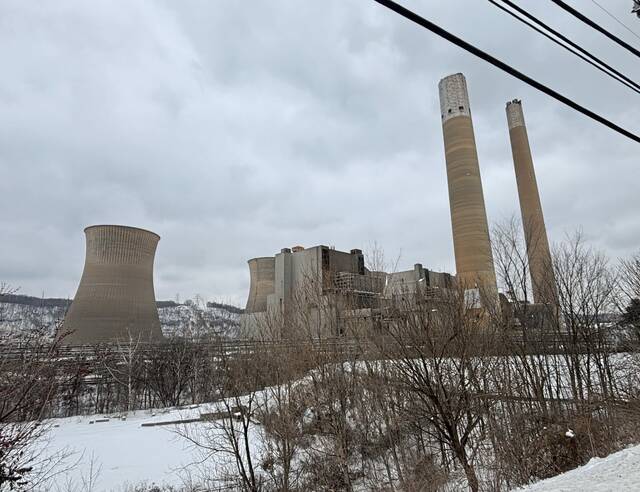The emerging political battle over data centers has a feature unfamiliar to present-day policymaking: The opponents are not divided along partisan lines. Instead, the conflict is between local communities and Big Tech developers, with elected officials caught in the middle.
Politicians — from both parties — who have greenlit these projects without enough guardrails have found their careers finished. Officials who once courted data centers for their economic potential are facing pushback from residents and businesses who’ve been blindsided by the strain on the power grid and water supply, the impact of noise pollution and the potential damage to property values.
Virginia pioneered a sales-and-use tax exemption for data center equipment in 2008. Since then, dozens of states have offered similar financial incentives to lure the tech industry’s power centers, primarily because they create construction jobs and provide a windfall of tax revenue.
But these mammoth facilities consume monstrous amounts of energy and water — something that threatens to drive up electricity prices to political-liability levels. Now Virginia serves as a cautionary tale of what not to do.
Its 600 data centers use as much electricity as 2 million households, or more than half the households in the state. It is also a lax land-use state with no regulations requiring local governments to show they have adequate services before they permit new data center construction. Local officials are left to develop their own ordinances and codes.
The tech industry has approached its expansion by reflexively cloaking its data centers and cryptocurrency mines with secretive nondisclosure agreements that often keep both the public and even some public officials in the dark about the potential demand for energy, water and round-the-clock noise. Yet local officials, often so willing to sell land at elevated prices for massive warehouse campuses and tax revenue, sign the pacts — and take the lucrative campaign cash that usually comes with them.
Chris Mills, president of the Piedmont Environmental Council, has been dealing with land use and infrastructure decision-making in Virginia for 30 years. With the data center explosion, he said, “the tech industry is trying to break all the rules.”
“Homeowners associations and planned communities are finding out that their open space is going to have a transmission line going through it, or a data center next door, and they’re apoplectic — because that was not in the plan, and it was not something that anyone knew was coming,” he said. “With the threat of eminent domain and other things being what it is, they’re feeling very disempowered.”
The stakes are only getting larger. Amazon, Google, Microsoft and Meta are among the companies launching plans for new “hyperscalers” — facilities that house 5,000 or more servers and cover enough land to fill several football fields.
And a backlash is brewing. This month, a judge halted construction of a $24.7 billion project in Prince William County after residents of the adjacent subdivision sued, saying they had not been given proper notice of the impact. (The leaders of the project, QTS Realty Trust Inc. and Compass Datacenters, vowed to appeal.)
The chair of the board of supervisors in Prince William County, a Democrat, was voted out of office for pushing through a plan to build 37 data centers across more than 1,700 acres of rural land. And in the town of Warrenton, Va., angry voters have defeated every town council member who supported Amazon’s proposal to build a $37 million, 220,000-square-foot data center.
“What was once quiet infrastructure is now a national flashpoint,” concludes a recent report from Data Center Watch, a project of the AI intelligence firm 10a Labs. It found that $64 billion in data center projects were blocked or delayed in 24 states over the past two years because of local opposition.
However, no amount of political friction will change the trajectory. Data centers are here to stay — and with the AI boom, America will need more of them. What should change is the way the tech industry treats local communities.
Mary Ellen Klas is a politics and policy columnist for Bloomberg Opinion.







